Export to Europe Without CBAM Stress
Built for India’s Iron and Steel Exporters
- Get ready for EU CBAM
- Track emissions without paperwork
- Get green steel certified easily
- CBAM reporting for steel producers
Book your CBAM compliance service
Trusted by Steel Exporters Across India
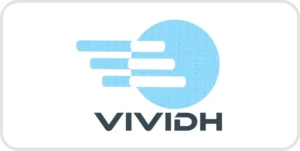
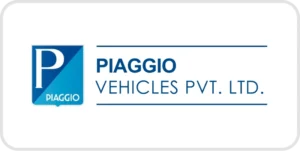
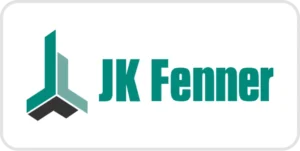

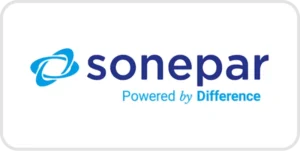
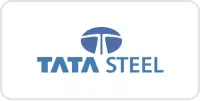
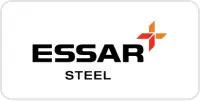
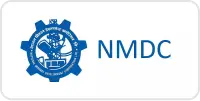
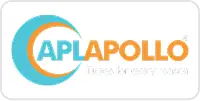
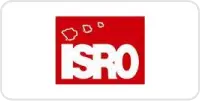
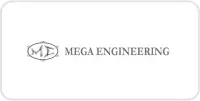
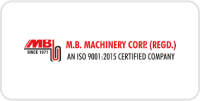
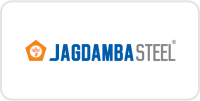
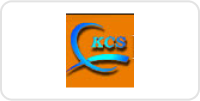
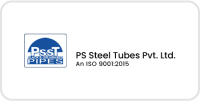
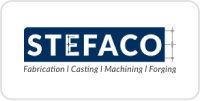
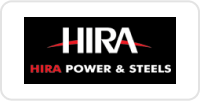
CBAM for iron and steel sector Is mandatory from 2026
Mandatory carbon reporting under CBAM for iron and steel exporters.
Exports at Risk
Non-compliance could block shipments to the EU from 2026
Loss of Buyers
EU importers won’t wait for suppliers who can’t report emissions
Cost Penalties
Default carbon values can raise your product cost by 20–25%
Compliance Pressure
Complex reporting, limited local MRV support
Loss of trade and business
Non-timely CBAM report means loss of trade and sustainable steel production
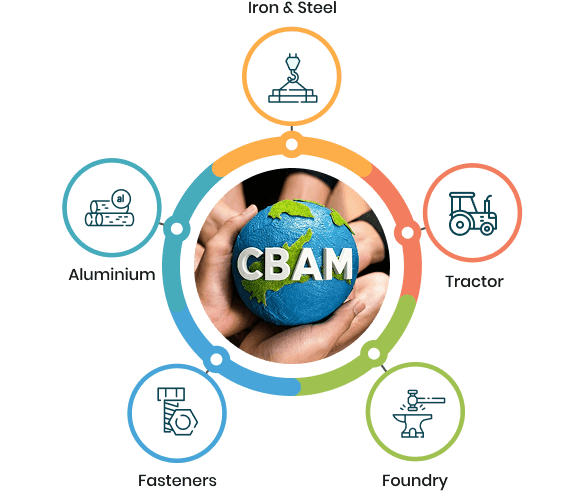
What Is CBAM?
CBAM stands for Carbon Border Adjustment Mechanism. It’s the EU’s way of putting a price on the carbon emissions in products like iron, steel, aluminum, and cement.
You now need to tell EU buyers how much carbon was used to make your product.
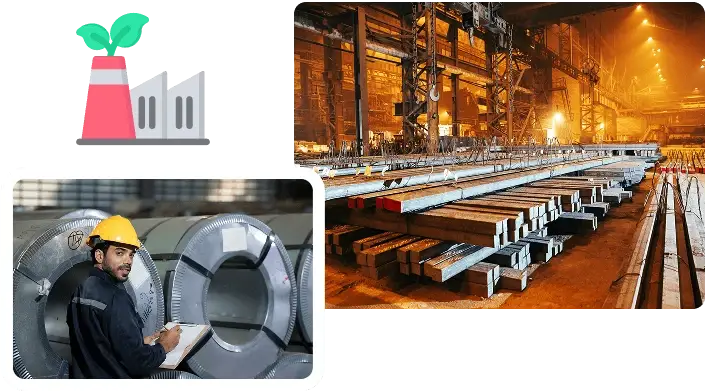
Who Is This For?
- CBAM for iron and steel exporters
- Integrated steel plants
- Re-rolling & secondary units
- Foundries & alloy steel MSMEs
- Exporters of semi-finished or fabricated steel
We support all relevant HS/CN codes for iron & steel
Hear from Exporters Like You

– Team P.S. Steel Tubes

– SUNRISE MULTI TECH FASTENERS PVT. LTD.
CleanCarbon.ai has been an invaluable partner for Stefaco in navigating CBAM compliance. Their expertise and automated solutions made the entire reporting process seamless, saving us both time and resources. With their guidance, we ensured regulatory adherence while reinforcing our commitment to sustainability. CleanCarbon.ai’s support has strengthened our position in the European market, and we highly recommend them to exporters aiming for reliable and cost-effective CBAM compliance.


– Representative
Partnering with CleanCarbon.ai has transformed Industrial Steel Rolling Mill & Co. Since 1971, we have prioritized regulatory compliance and sustainability as a manufacturer of high-quality steel products. CleanCarbon.ai simplified our CBAM navigation with automated solutions, ensuring regulatory assurance, cost efficiencies, and sustainability alignment. Their support allows us to focus on delivering durable steel products while maintaining compliance.

– Representative
CleanCarbon.ai has been an invaluable partner for Mega Engineering. Their automated CBAM compliance solutions helped us efficiently meet EU regulatory standards while maintaining our focus on manufacturing high-precision fasteners for critical industrial applications. Their support delivered cost-effectiveness, regulatory confidence, and sustainability—all of which empowered us to continue excelling globally.
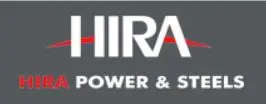
– Representative

– Representative
CleanCarbon.ai made our journey to CBAM compliance smooth and efficient. Their automated, expert-led solutions enabled us to meet complex EU regulatory requirements without disrupting our focus on manufacturing premium bolts, nuts, and fasteners. Their support brought compliance, confidence, cost-effectiveness, and aligned perfectly with our commitment to quality and reliability.
4 Easy Steps to CBAM Compliance service
01
Send us your plant and
energy details
02
We calculate emissions
automatically
03
You get quarterly
CBAM reports
04
You stay export-ready,
always

Your All-in-One CBAM Partner
We take care of everything, so you don’t have to worry.
- We calculate your carbon emissions
No manual work. Just share basic data – we do the rest.
- Get ready-to-use CBAM reports
Send them directly to your EU buyers/importers.
- Report per product (HR coils, billets, bars, etc.)
So you stay compliant for every item you export.
Why Choose CleanCarbon for CBAM for iron and steel sector?
Feature
Automatic Emissions Tracking
Ready CBAM Reports
Affordable for MSMEs
Verified by Experts
Export Dashboard
Manual Process
 No
No
 No
No
 Costly
Costly
 Had to get
Had to get
 Not available
Not available
CleanCarbon
 Yes
Yes
 Yes
Yes
 Yes
Yes
 Yes
Yes
 Live view
Live view
FAQ
What is CBAM for the iron and steel sector?
The Carbon Border Adjustment Mechanism (CBAM) for the iron and steel sector is a European Union initiative designed to ensure that imported steel products are subject to the same carbon costs as those produced within the EU. It aims to prevent carbon leakage, promote low-carbon manufacturing, and encourage exporters to measure and reduce emissions from their production processes.
How does CBAM reporting work for steel producers?
Under CBAM, steel producers exporting to the EU must report the carbon emissions embedded in their products.
The process includes:
- Collecting data on direct and indirect emissions from manufacturing.
- Calculating total emissions per tonne of product.
- Submitting quarterly CBAM reports through the EU portal.
CleanCarbon helps steel producers automate these calculations, maintain accurate emission records, and stay compliant with EU requirements.
How is the cost calculated for CBAM reporting in the steel industry?
CBAM costs are based on the carbon intensity of the exported products and the EU Emission Trading System (ETS) carbon price.
In simple terms:
CBAM Cost = Embedded CO₂ Emissions × EU Carbon Price (€/tonne CO₂)
If the exporter’s home country already applies a carbon tax, that amount can be deducted from the total CBAM charge. CleanCarbon’s reporting tools provide clear, transparent cost estimates based on verified emission data.
What documents or data are steel producers required to provide under CBAM?
Steel producers must provide detailed production and emission data, including:
- Energy and fuel consumption records.
- Material input and output data.
- Process-specific emission factors.
- Production volumes per product type.
- Third-party verification reports (if applicable).
CleanCarbon assists exporters in compiling, validating, and formatting these datasets for EU submission.
What are the penalties for non-compliance in the iron and steel sector?
Failure to comply with CBAM regulations can result in:
- Financial penalties for each tonne of unreported emissions.
- Suspension or rejection of CBAM reports.
- Loss of access to EU markets.
The EU imposes strict reporting timelines, and repeated non-compliance can severely impact trade relationships and brand reputation.
How will CBAM affect competitiveness and pricing for steel exporters?
CBAM will influence pricing by increasing costs for high-emission products, encouraging exporters to adopt greener production technologies. However, exporters that implement low-carbon practices can gain a competitive edge in EU markets, where sustainability is increasingly valued. CleanCarbon helps companies model potential pricing impacts and optimize emission performance to remain competitive.
How often do steel producers have to report under CBAM?
During the transitional phase (October 2023 – December 2025), exporters must submit quarterly CBAM reports detailing product emissions and quantities. From January 2026, companies will need to purchase and surrender CBAM certificates annually based on verified emissions.
Where can steel exporters go for help with compliance services for CBAM?
Steel exporters can partner with CleanCarbon.ai, India’s leading CBAM compliance and reporting platform.
We offer:
- Automated emission data collection.
- Verified CBAM calculation models.
- Quarterly reporting support.
- End-to-end guidance for EU compliance.
Latest Article & Blog

CBAM Certificate Price Rules for Suppliers and EU Buyers
CBAM certificate price rules have been made stricter and mandatory from January 2026. Here is a look at specific rules and how it impacts suppliers
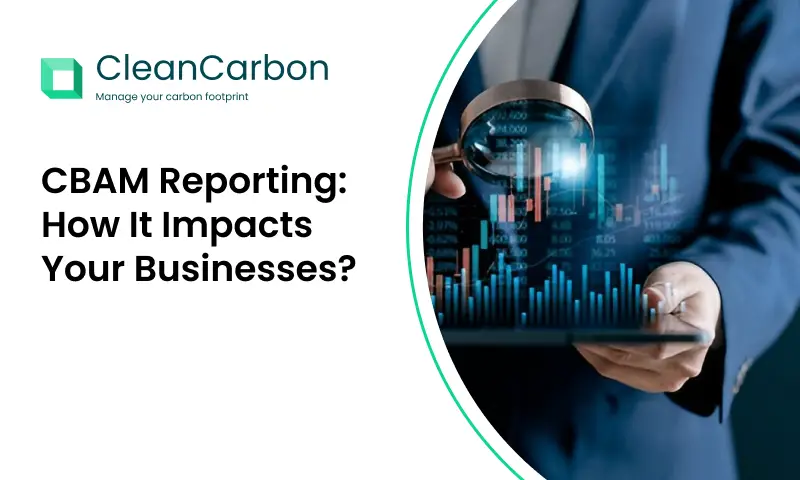
CBAM Reporting: How It Impacts Your Businesses?
CBAM reporting becomes mandatory from January, 2026 and its financial impacts can be seen on EU importers and exporters. Latest CBAM changes reaffirm the stricter
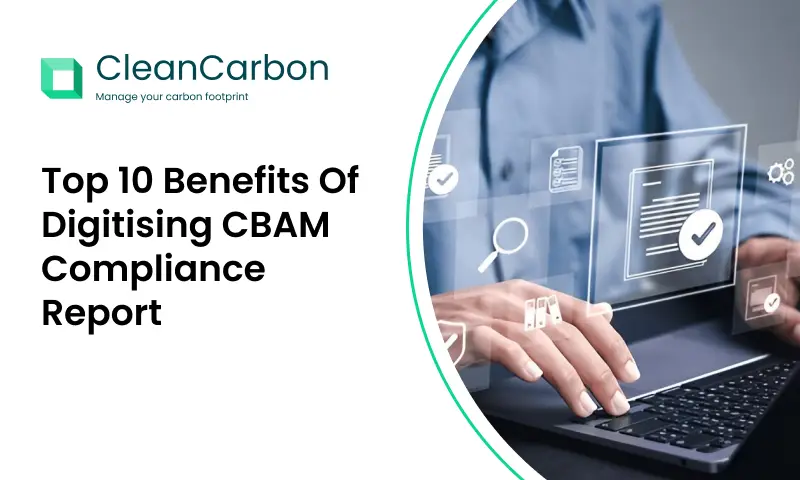
Top 10 Benefits of Digitising CBAM Compliance Report
Digitising the CBAM compliance helps in many ways like timely data submission to avoid any last minute hassle, unwanted impact on the businesses, accurate CBAM
